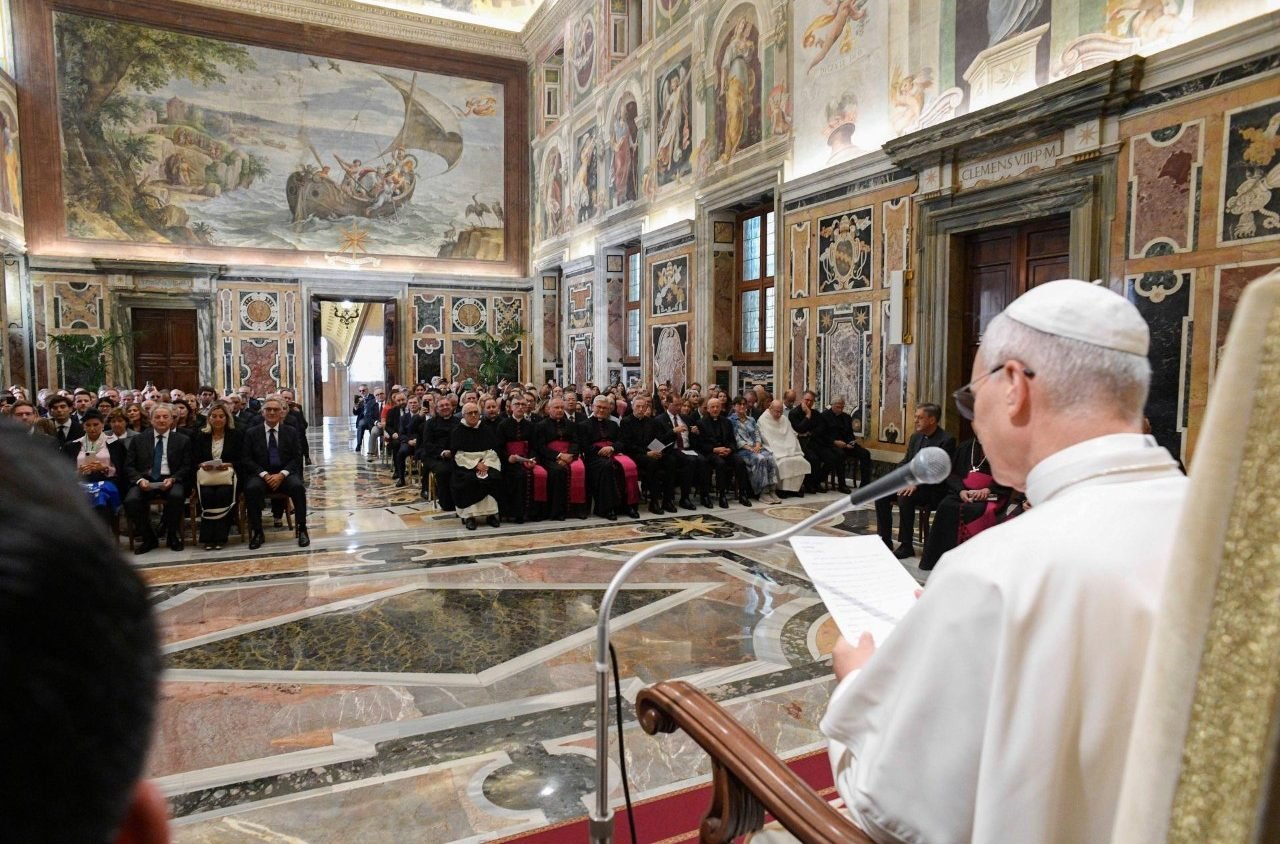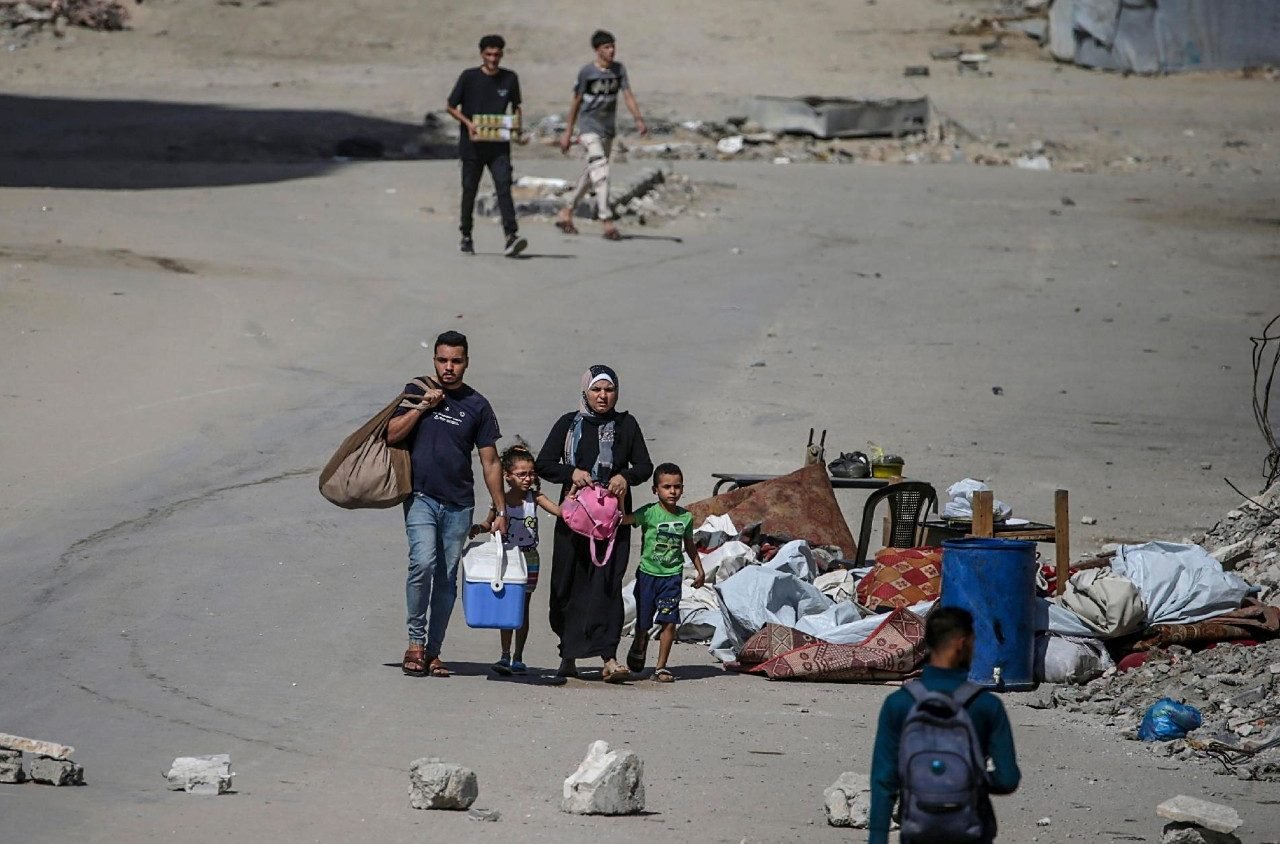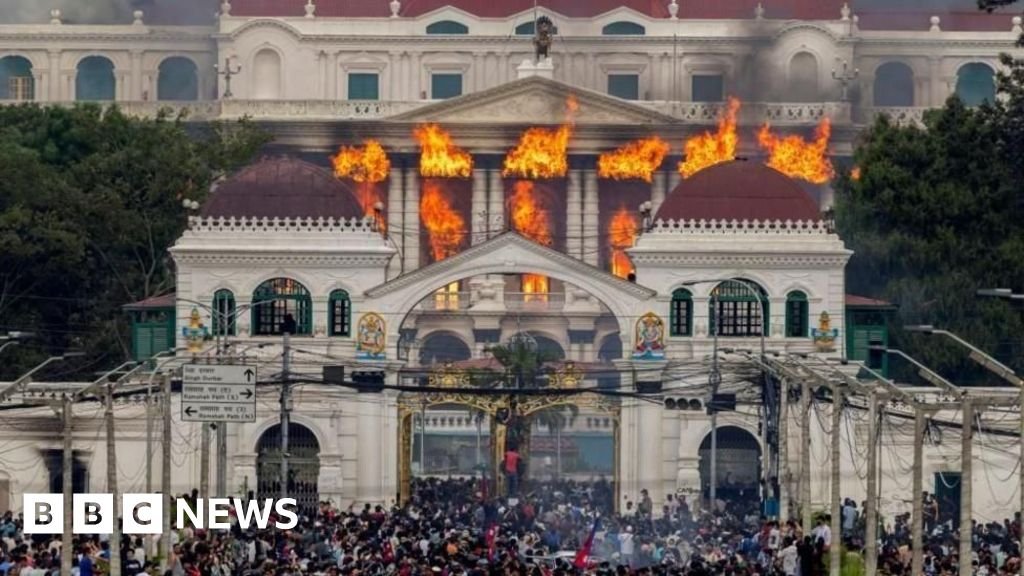
Addressing participants in an International Seminar promoted by the Pontifical Academy of Theology, Pope Leo highlights the “missionary and dialogical impetus of theological endeavour for the future.”
By Christopher Wells
Participants in an International Seminar on “Creation, Nature, Environment for a World of Peace” have reflected “on issues of urgent relevance, which are very close to my heart,” Pope Leo XIV said on Saturday.
While highlighting the importance of the themes of environmental sustainability and care for creation, Pope Leo emphasized that “an effort to improve the environmental and social conditions of our world requires the commitment of everyone.” Seminar participants, he said, offered a hopeful sign thanks to the “intercultural and interreligious perspective” of their conference, which corresponds to the “renewed profile” of the Pontifical Academy desired by Pope Francis.
This correspondence prompted Pope Leo’s reflections on the “missionary and dialogical impetus of theological endeavour for the future.”
Theology going forth into the world
Theology, he said, “is indeed a constitutive dimension of the missionary and evangelizing action of the Church.” In this perspective, an “outgoing” theology, “theology in uscita”, that “combines scientific rigour and a passion for history,” that is fully incarnated, is necessary, he added.
The Holy Father encouraged theologians to model their work on the theology of “the great Fathers and Teachers of antiquity, who, docile to the Spirit, knew how to unite faith and reason, reflection, prayer, and practice.” In particular, the Pope pointed to the examples of Saints Augustine and Thomas Aquinas, and, more recently, Blessed Antonio Rosmini, who understood theology as a science tempered by wisdom.
“Theology is therefore this wisdom that opens broader existential horizons, dialoguing with the sciences, philosophy, art, and the whole of human experience,” the Pope said.
He went on to highlight the Social Doctrine of the church as “a significant witness of the knowledge of faith at the service of man, in all his dimensions, personal, social, and political, insisting that, in the “complex world” of artificial intelligence, “it is necessary to refer to an anthropological vision that ground ethical action” to help answer the question, What does it mean to be human? What is his infinite dignity?
‘Incarnated’ theology
The Holy Father went on to invite theologians “to cultivate a theology founded on the personal and transforming encounter with Christ, and aimed at incarnating itself in the concrete circumstances of today’s humanity.” He encouraged dialogue, both with other disciplines and internally, expressing the hope that the Academy “will become a place of encounter and friendship among theologians, a place of communion and sharing in which we may walk together toward Christ.”
In that context, Pope Leo said he wanted “to encourage and bless the three ‘faces’,” or dimensions of the Academy outlined in the new Statutes approved by Pope Francis: the academic-scientific aspect; the sapiential face; and the dimension of solidarity, aimed at inspiring and animating concrete gestures of charity. “True knowledge of God,” he recalled, “is in fact realized in a life transformed by love.”
Pope Leo concluded his address by thanking theologians for their commitment, and urged them “to develop and embody this sapiential theology, at the service of the Church and the world.”




